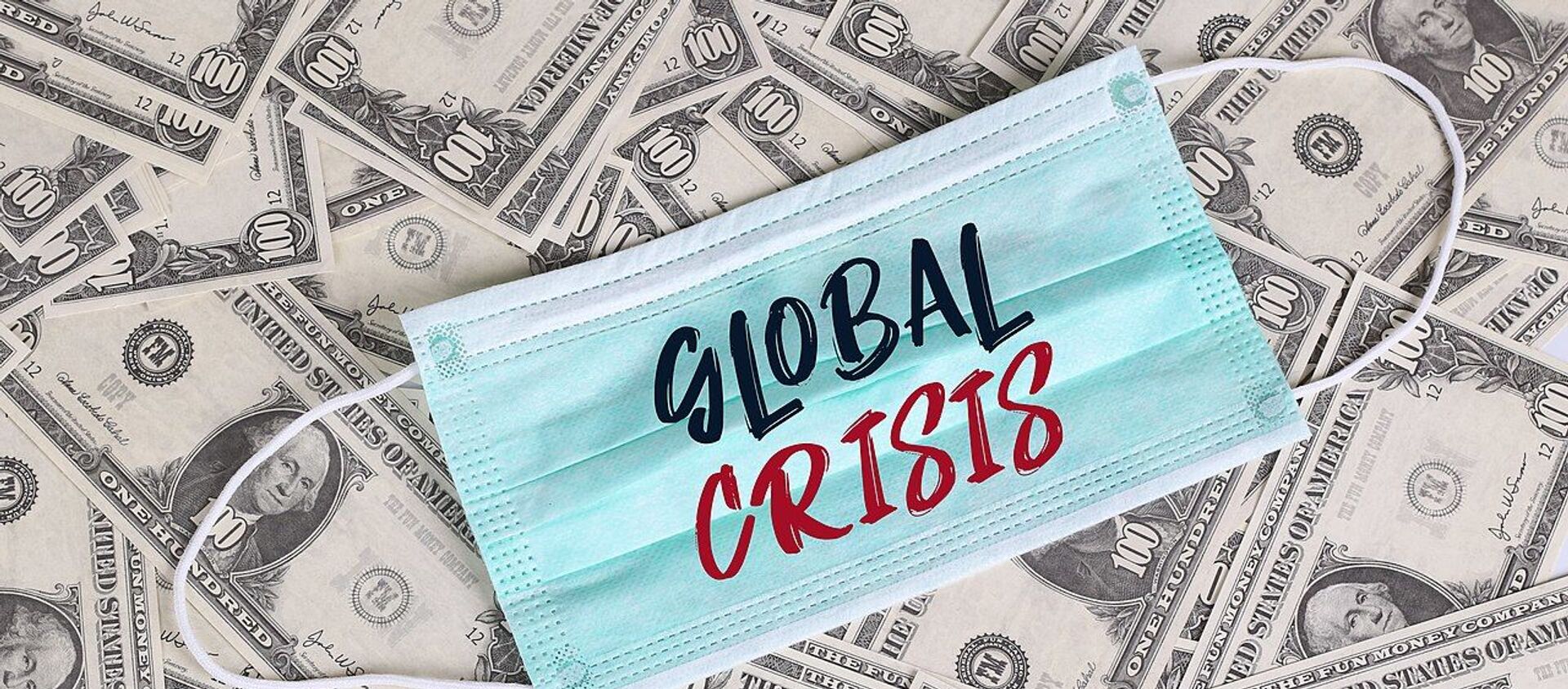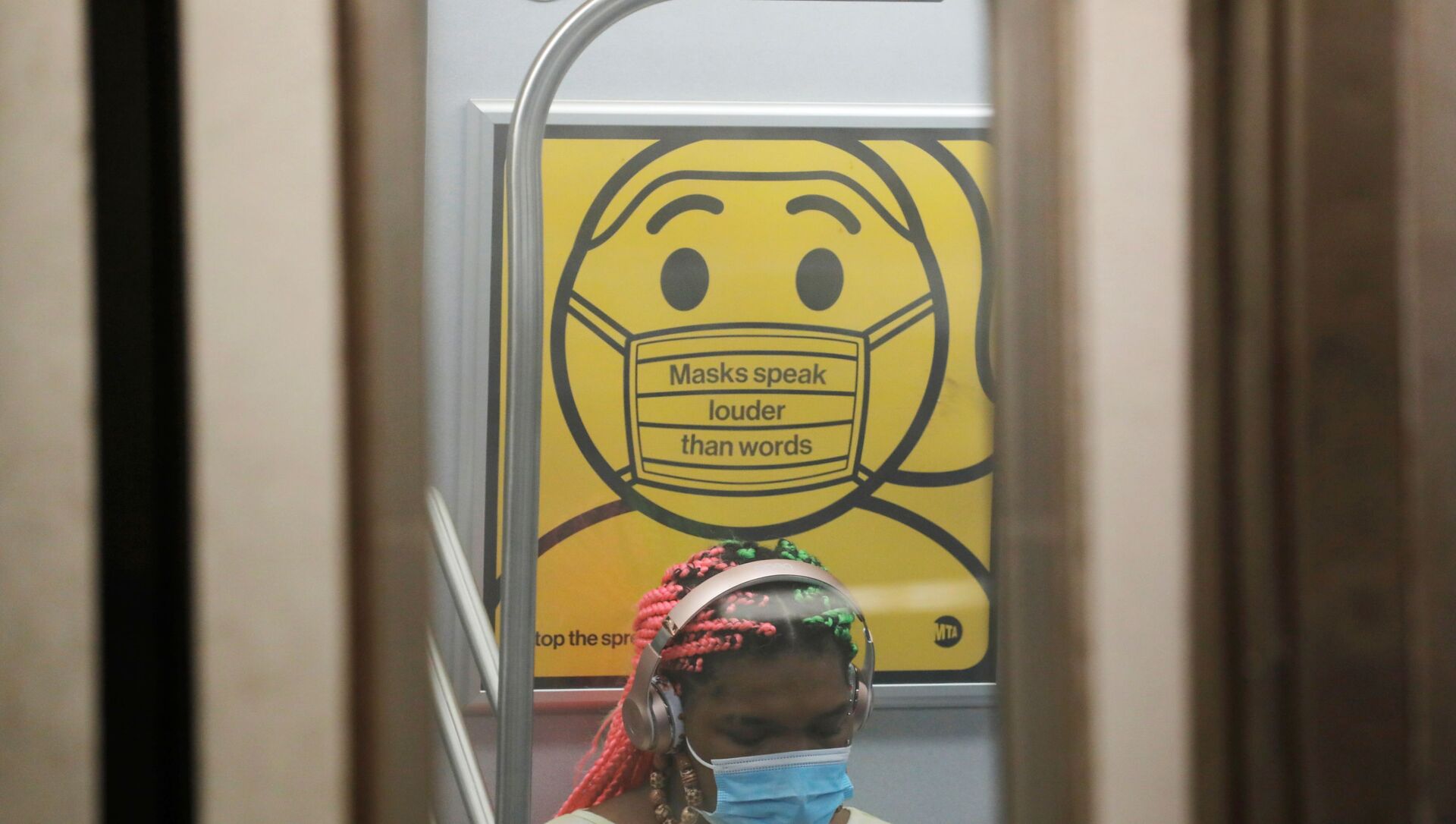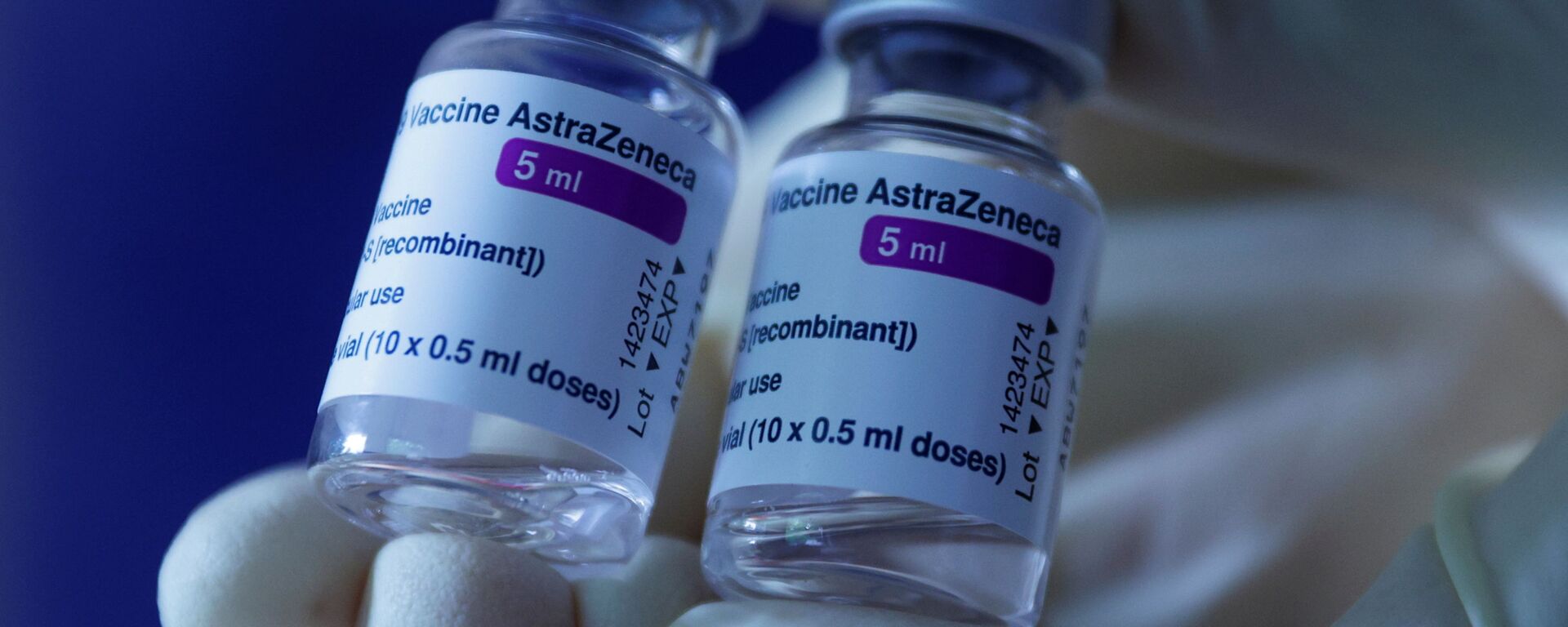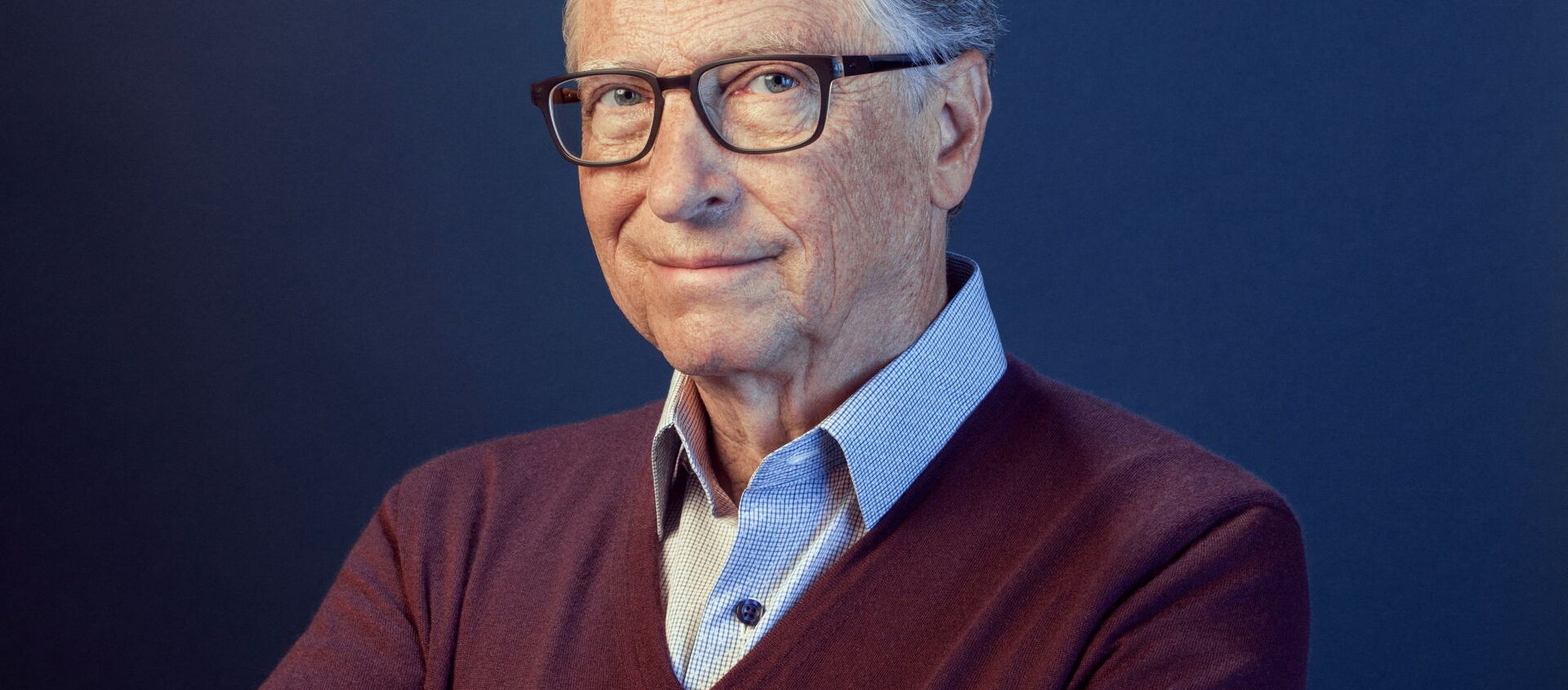https://sputnikglobe.com/20210805/get-vax-quick-scheme-covids-delta-variant-may-require-new-vaccines-report-warns-1083535935.html
Get Vax Quick Scheme? Covid’s Delta Variant May Require New Vaccines, Report Warns
Get Vax Quick Scheme? Covid’s Delta Variant May Require New Vaccines, Report Warns
Sputnik International
Medical officials across the globe in countries with high vaccination rates including Britain, Israel, and the United States have reported a dramatic increase... 05.08.2021, Sputnik International
2021-08-05T15:08+0000
2021-08-05T15:08+0000
2021-08-05T19:10+0000
world
newsfeed
https://cdn1.img.sputnikglobe.com/img/07e5/07/1d/1083485089_0:0:3072:1738_1920x0_80_0_0_20baa96844d1beeb153f817493a4a353.jpg
Pharmaceutical companies may have to develop new vaccines designed specifically to tackle the Delta strain of the coronavirus amid a dramatic, statistically observable drop in the effectiveness of existing jabs, researchers with Imperial College London’s national coronavirus testing programme, REACT-1, have concluded.At the same time, protection against symptoms, widely touted by drug companies and governments as a key reason to get vaccinated, dropped from 83 percent to 59 percent during the same period.Britain’s National Health Service (NHS) has approved vaccines by Moderna, Oxford/AstraZeneca, and Pfizer/BioNTech for its national vaccination drive. A fourth vaccine developed by Johnson & Johnson’s Janssen Pharmaceuticals is expected to be made available later this year.Researchers also warned that the growing number of Delta lineage cases, combined with the rollout of global vaccination campaigns and the relaxation of social distancing guidelines, make “future SARS-CoV-2 trends…uncertain,” and expressed fears that the exponential increase in cases despite a “highly successful vaccination campaign” means cases could spike again beyond current levels in the fall, both in the UK and in other countries.The report intimated that previous projections of vaccinations causing a milder reaction to the virus may have been erroneous, as “our more recent data (since mid-April 2021)” found that “infections and hospitalisations began to reconverge, potentially reflecting the increased prevalence and severity of Delta compared with Alpha, a changing age mix of severe cases, and possible waning of protection.”The UK, US, and Israel have seen some of the highest coronavirus vaccination rates in the world, with nearly 90 percent of adult Britons, 70 percent of Americans, and 63 percent of Israelis receiving at least one dose to date.All three countries have suffered a spike in infections caused by Delta, and this week Israel began distributing a third vaccine dose to those over 60 years of age, with Germany making plans to do so starting in September. Other countries, including the US and Canada, have considered the additional “booster” shot idea.On Wednesday, White House Press Secretary Jen Psaki rejected calls by the World Health Organisation (WHO) to refrain from Covid booster shots before more jabs are distributed to poorer nations, telling reporters that the administration “can do both,” and that the US has enough vaccines to inoculate every single American if necessary. The US Food and Drug Administration regulator has yet to approve Covid boosters.A Feast in Time of PlagueREACT-1’s recommendations for new vaccines against Delta, and growing support by governments for Covid booster shots, come against the background of windfall profits for major global pharmaceutical companies, with many already on course to enjoy a record year for earnings. Pfizer forecasts $33.5 billion in earnings from the sale of its coronavirus vaccine in 2021, over double its original projections of $15 billion this spring. Moderna, meanwhile, reported $2.78 billion in net income in the second quarter of 2021, and hopes to net $19.2 billion from its vaccine for the year.This week, both companies jacked up the price for their vaccines in the European Union, with Pfizer’s price jumping by over 25 percent and Moderna’s by more than 10 percent.AstraZeneca did not forecast its vaccine sales amid problems with blood clots which gave its jab bad publicity after dozens of people around the world died after taking it. Johnson & Johnson, makers of the Janssen vaccine, expects to earn $2.5 billion from their Covid shot for the year. Globally, the coronavirus vaccination market in 2021 has been estimated to be worth as much as $70 billion.
https://sputnikglobe.com/20201224/coronavirus-billionaires-us-media-lists-50-new-medical-industry-moguls-who-got-rich-off-pandemic-1081559320.html
https://sputnikglobe.com/20210804/white-house-says-whos-call-to-prioritize-vaccination-over-booster-shots-is-false-choice-1083528834.html
https://sputnikglobe.com/20210414/covering-their-assets-gates-bezos-quiet-on-state-tax-idea-despite-claiming-to-support-new-taxes-1082631135.html
Sputnik International
feedback@sputniknews.com
+74956456601
MIA „Rossiya Segodnya“
2021
News
en_EN
Sputnik International
feedback@sputniknews.com
+74956456601
MIA „Rossiya Segodnya“
Sputnik International
feedback@sputniknews.com
+74956456601
MIA „Rossiya Segodnya“
newsfeed
Get Vax Quick Scheme? Covid’s Delta Variant May Require New Vaccines, Report Warns
15:08 GMT 05.08.2021 (Updated: 19:10 GMT 05.08.2021) Medical officials across the globe in countries with high vaccination rates including Britain, Israel, and the United States have reported a dramatic increase in so-called "breakthrough" coronavirus infections caused by its Delta variant.
Pharmaceutical companies may have to develop new vaccines designed specifically to tackle the Delta strain of the coronavirus amid a dramatic, statistically observable drop in the effectiveness of existing jabs, researchers with Imperial College London’s national coronavirus testing programme, REACT-1, have concluded.
In their findings, based on a sample of over 98,000 Britons in England, researchers observed that the effectiveness of existing vaccines in stopping Covid infections with the Delta variant dropped to 49 percent during the study period between 24 June and 12 July, down from 64 percent effectiveness seen earlier this summer.
At the same time, protection against symptoms, widely touted by drug companies and governments as a key reason to get vaccinated, dropped from 83 percent to 59 percent during the same period.
Britain’s National Health Service (NHS) has
approved vaccines by Moderna, Oxford/AstraZeneca, and Pfizer/BioNTech for its national vaccination drive. A fourth vaccine developed by Johnson & Johnson’s Janssen Pharmaceuticals is expected to be made available later this year.
Given the decline in effectiveness of existing vaccines in stopping the virus or mitigating its symptoms, REACT-1 suggested that the solution may lie in the creation of new shots. “Development of vaccines against Delta may be warranted in light of the evidence of antigenic change measured by neutralisation and the relationship between neutralisation titre [concentration] and protection from mild disease,” its report said.

24 December 2020, 11:47 GMT
Researchers also warned that the growing number of Delta lineage cases, combined with the rollout of global vaccination campaigns and the relaxation of social distancing guidelines, make “future SARS-CoV-2 trends…uncertain,” and expressed fears that the exponential increase in cases despite a “highly successful vaccination campaign” means cases could spike again beyond current levels in the fall, both in the UK and in other countries.
The report intimated that previous projections of vaccinations causing a milder reaction to the virus may have been erroneous, as “our more recent data (since mid-April 2021)” found that “infections and hospitalisations began to reconverge, potentially reflecting the increased prevalence and severity of Delta compared with Alpha, a changing age mix of severe cases, and possible waning of protection.”
The UK, US, and Israel have seen some of the highest coronavirus vaccination rates in the world, with nearly 90 percent of adult Britons, 70 percent of Americans, and 63 percent of Israelis receiving at least one dose to date.
All three countries have suffered a spike in infections caused by Delta, and this week Israel
began distributing a third vaccine dose to those over 60 years of age, with Germany making plans to do so starting in September. Other countries, including the US and Canada, have considered the additional “booster” shot idea.
On Wednesday, White House Press Secretary Jen Psaki rejected calls by the World Health Organisation (WHO) to refrain from Covid booster shots before more jabs are distributed to poorer nations, telling reporters that the administration “can do both,” and that the US has enough vaccines to inoculate every single American if necessary. The US Food and Drug Administration regulator has yet to approve Covid boosters.
A Feast in Time of Plague
REACT-1’s recommendations for new vaccines against Delta, and growing support by governments for Covid booster shots, come against the background of
windfall profits for major global pharmaceutical companies, with many already on course to enjoy a record year for earnings. Pfizer forecasts $33.5 billion in earnings from the sale of its coronavirus vaccine in 2021, over double its original projections of $15 billion this spring. Moderna, meanwhile, reported $2.78 billion in net income in the second quarter of 2021, and hopes to net $19.2 billion from its vaccine for the year.
This week, both companies
jacked up the price for their vaccines in the European Union, with Pfizer’s price jumping by over 25 percent and Moderna’s by more than 10 percent.
AstraZeneca did not forecast its vaccine sales amid problems with blood clots which gave its jab bad publicity after dozens of people around the world died after taking it. Johnson & Johnson, makers of the Janssen vaccine, expects to earn $2.5 billion from their Covid shot for the year. Globally, the coronavirus vaccination market in 2021 has been estimated to be worth as much as
$70 billion.





